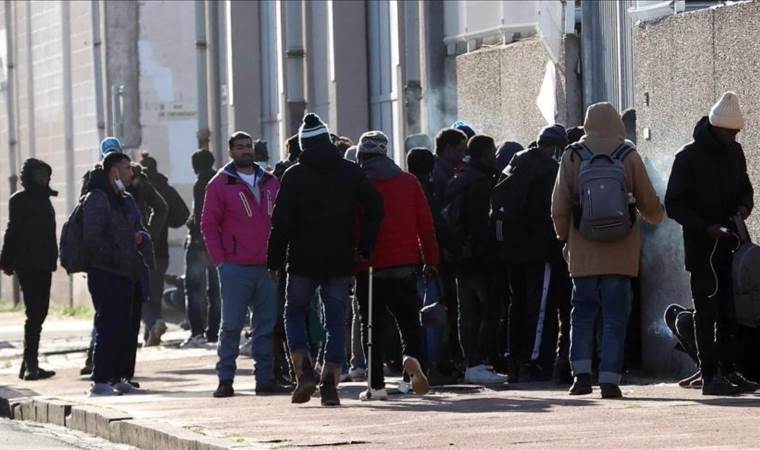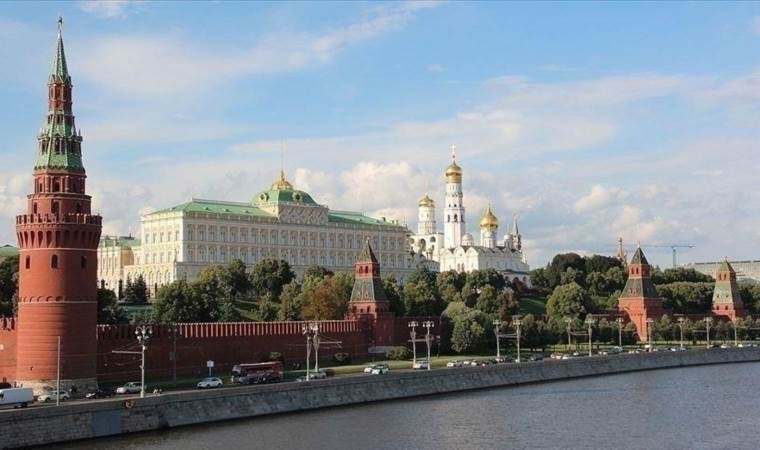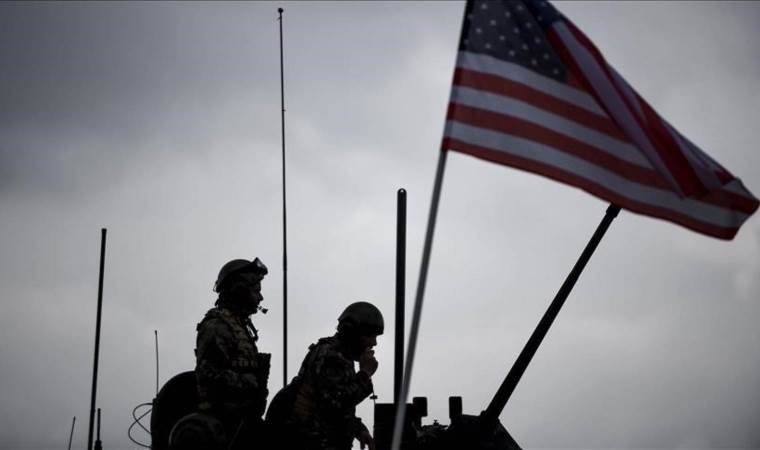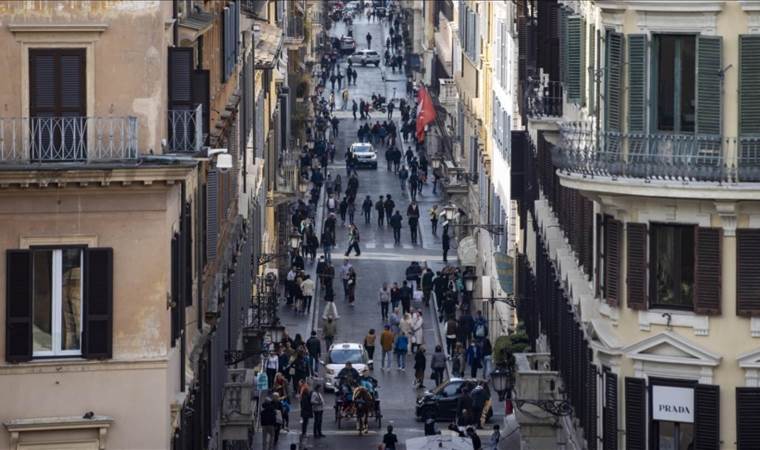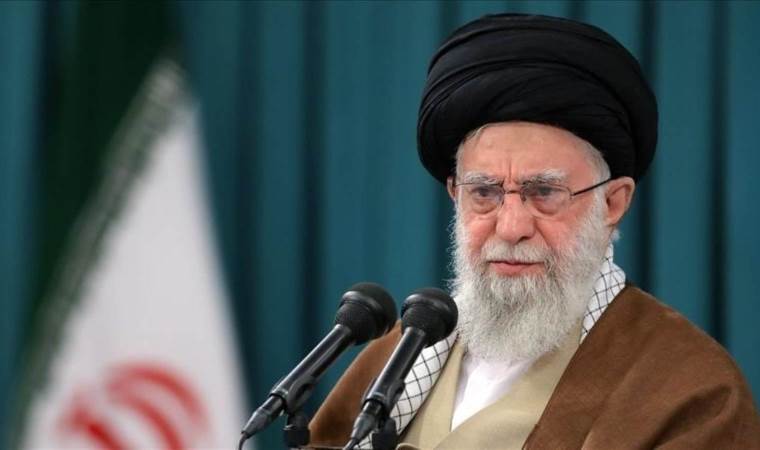Authors Columns of the Day Sport Guest Life All Authors
Hostility towards Treaty of Lausanne and psychopolitical attacks
Today, July 24, 2024, marks the 101st anniversary of the Treaty of Lausanne, which laid the foundations of a fully independent, unitary, and secular Republic of Turkey.
Among the topics most distorted and lied about by opponents of Atatürk and the Republic in Turkey is the Treaty of Lausanne.
A BRIEF HISTORY OF HOSTILITY TOWARDS LAUSANNE TREATY
Hostility towards the Treaty of Lausanne in Turkey particularly increased in the 1960s. The books by Kadir Mısıroğlu, who attacked Atatürk, İnönü, and the Republic, and the memoirs of Rıza Nur, published in the 1960s, along with the increase in Islamist publications during this period, led to an increase in misinformation about Lausanne. In fact, baseless conspiracy theories like "the secret protocols of Lausanne" and "the Jewish hand in Lausanne" were first brought to light in 1949 in the Büyük Doğu magazine, edited by registered anti-secularist Necip Fazıl Kısakürek. The source of these Lausanne lies was the memoirs of İbrahim Arvas, who was a deputy between 1923 and 1950. These lies, which were featured under the pseudonym "Detective X One" in a series of articles, later became the basis for Kadir Mısıroğlu's book "Lausanne: Victory or Defeat?" in the 1960s. Mısıroğlu and other political Islamists created imaginary scenarios and even fictitious speeches to distort Lausanne and attack Atatürk, İnönü, and the Republic. For example, fabricated statements attributed to Lord Curzon, such as "From now on, the Turks will never regain their former vigor and enthusiasm, for we have extinguished them spiritually and morally. Everything is now crystal clear, isn't it?"—which do not appear in parliamentary records—were used for years to denigrate Lausanne and its creators. (1)
Kadir Mısıroğlu's book "Lausanne: Victory or Defeat?", filled with such imaginary scenarios, became almost a "holy book" for those seeking to discredit the Treaty of Lausanne for years.
But did Turkey really make significant concessions at Lausanne, as its opponents claim?
LAUSANNE IS A VICTORY
In any bilateral or multilateral treaty that is not imposed unilaterally, it is logically impossible for both sides to achieve everything they desire. If there is a mutual negotiation process, both sides will have gains and losses. Otherwise, agreement is not possible. Considering that the Lausanne table was a multi-party negotiation table—and that both sides sat at this table as the victors of two separate wars—it was already impossible for Turkey or the Allies to achieve all their desires. However, when comparing Turkey's gains at Lausanne with those of the Allies, it is evident that Turkey achieved an absolute success. First and foremost, Turkey did not make concessions on the three fundamental issues it insisted on at Lausanne (capitulations, the Armenian homeland, and military restrictions). On other issues, Turkey managed to obtain most of its demands through a fierce struggle against the Allied front because Turkey's demands were just, legitimate, and realistic.
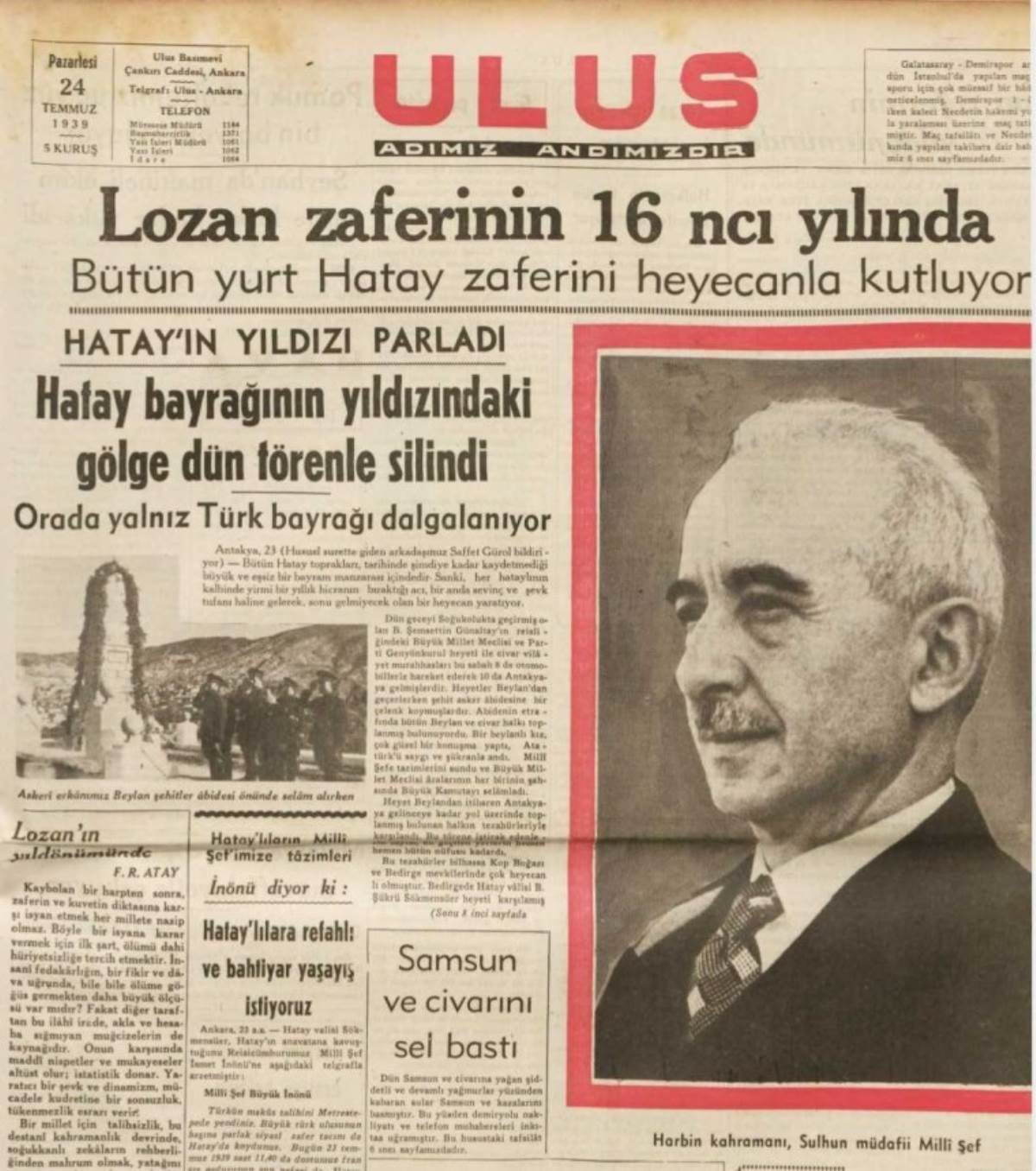
Ulus, 24 July 1939 pg. 1
As Sevtap Demirci states, "The National Pact was almost fully realized at Lausanne; the borders of Thrace and the South, except for Mosul, were as defined in the National Pact. No war indemnity was paid, and an Armenian state was not established. Capitulations were abolished, and the French and Italians did not obtain the favorable economic and financial conditions they had hoped for. Although Turkey did not have full control over the straits, many conditions threatening its ultimate independence and sovereignty were removed. The population exchange planned between Greece and Turkey was realized. Ottoman debts were shared among the states established after it. Only the Mosul issue remained unresolved and was referred to the League of Nations for discussions." (2)
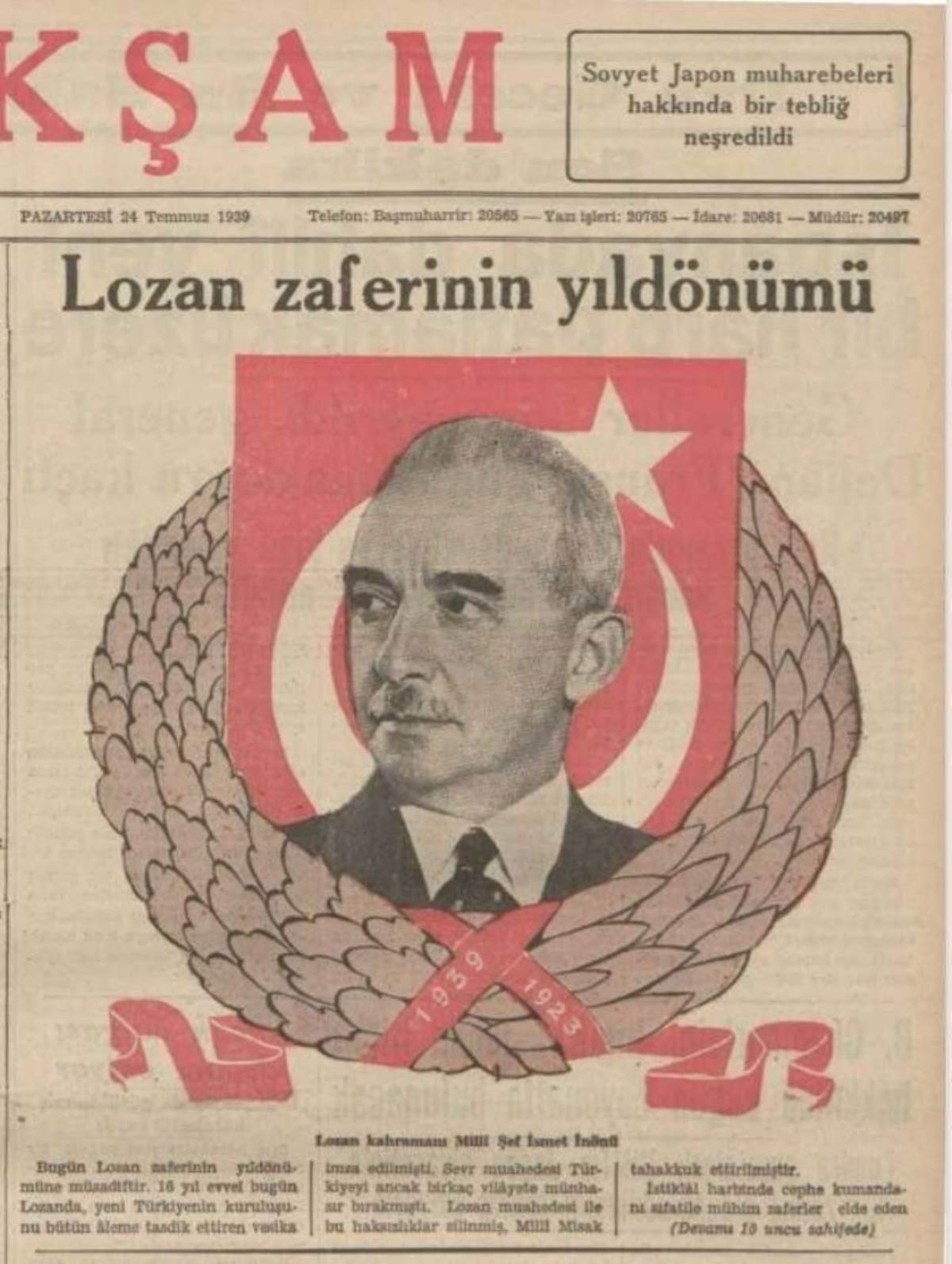
Akşam, 24 July 1939, pg. 1
In conclusion, under the conditions of 1923, it was impossible to sign a better treaty than the Treaty of Lausanne. Considering the circumstances, calling Turkey's success at Lausanne a "victory" is not an exaggerated assessment.
A TREATY ENDING NATIONAL TRAUMA
Perhaps the most overlooked but crucial feature of the Treaty of Lausanne is that it ended the great trauma caused by defeats, massacres, and deaths that Turks had been suffering for over a century. This is what truly makes Lausanne a "Turkish victory."
The devastating wars from the 1877-1878 Ottoman-Russian War to the 1919-1922 War of Independence, and the constantly recounted and ongoing sufferings of people who died or were forced to migrate from lost lands, had turned into a trauma. This trauma, first and foremost, caused the Turkish people to lose their self-confidence and sense of security. (3)
One of the reasons that fed and grew the social trauma of Turks in the last period of the Ottoman Empire was the "sick man" stigma. The Ottoman Empire, which lost wars and territories, was backward in every way, and was heavily dependent on the West due to capitulations and foreign debts, was called the "sick man"—a term first coined by Russian Tsar Nicholas I in 1853. The "sick man" stigma had chronicled the Turkish trauma, as the imperialist West was preparing to share the inheritance of the sick man it awaited to die. The Treaty of Lausanne shattered this "sick man" stigma, ending the Turkish trauma. In a sense, Lausanne initiated the healing process for Turks. (4)
In this context, the thesis of Lausanne as a "chosen victory" put forward by Deniz Ülke Arıboğan and Hadiye Yılmaz Odabaşı in their joint article "From Trauma to Victory: The Psychopolitics of the Lausanne Treaty" and their joint book "From Trauma to Victory: The Psychopolitical Story of Turkish National Identity" is noteworthy. "A chosen victory is a mental design of the feeling of success and victory achieved against another group, which unites the members of a large group." A chosen victory has a direct impact on regaining the self-respect of societies, building national identity, and being recognized as equal and sovereign in the international arena. As a chosen victory, the Treaty of Lausanne became one of the main pillars bearing significant functions in the construction of national identity in the early Republic period and in strengthening this identity in subsequent periods. (5)
The Treaty of Lausanne symbolizes the transition from a trauma society, marked by over a century of defeats, losses, massacres, dependencies, humiliations, and the "sick man" label, to a fully independent, equal, and sovereign victory society. The founders of the Republic accepted the Treaty of Lausanne, which ended the great Turkish trauma, as the symbol of the victory society. Because Lausanne was also seen as a "Turkish victory" by the international community. In this context, the anniversaries of Lausanne were celebrated as "Lausanne Day" and "Lausanne Peace Festival" until the 1950s.
Turkey was recognized as an "equal part" of the international system with the Treaty of Lausanne. As Arıboğan and Odabaşı state, Lausanne, with its psychological satisfaction on Turkish society, both prevented revisionist demands and, by creating lasting peace and giving hope to society, enabled the citizens of the Republic of Turkey to focus on the future instead of being stuck in the heavy trauma of the past. Therefore, it is insufficient to evaluate the Treaty of Lausanne solely by its tangible achievements. What truly made Lausanne a victory for Turkey was not just its tangible gains, but its role in ending the great trauma and liberating the society from the feelings of defeat, oppression, and humiliation. Lausanne rid the Turks of the "sick man" stigma and all the accompanying negative emotions, establishing a sense of "victory society" in the collective consciousness and strengthening national identity. Thus, it had a healing effect that ended the traumatic process disrupting the spiritual and physical integrity of the state and society for over a century. (6)
THE PURPOSE OF ATTACKS AGAINST LAUSANNE TREATY
Given all this, it should not be overlooked that the planned attacks on Lausanne have psychopolitical purposes. The thesis of Kadir Mısıroğlu and his followers, who are opponents of Atatürk and the Republic, that "Lausanne is a defeat" is a psychopolitical attack against the Turkish nation and the Republic of Turkey—independent of the content of the treaty. The goal of this attack is to break the "victory society" perception that the Turkish nation achieved with Lausanne by discrediting Lausanne. Considering that Lausanne is a threshold for transitioning from a trauma society to a victory society, it becomes clear that this psychopolitical attack on Lausanne aims to revive the "sick man" stigma by confronting the Turkish nation with its old trauma once again. This very dangerous and insidious attack on the Turkish nation and the Republic of Turkey has been ongoing uninterruptedly since 1949. The real target of this attack is not the Treaty of Lausanne itself, but the "New Turkey" and the new social psychology created by Lausanne. The "New Turkey" created by Lausanne is a fully independent, sovereign, unitary, secular, modern Republic. The new social psychology created by Lausanne is filled with positive values unique to a victory society, such as the rightful pride of winning, self-confidence, belief in the nation, looking to the future with hope, and rising, developing, and progressing in a peaceful environment. The psychopolitical aim of the attack on Lausanne is to destroy this society filled with positive values and thus collapse the Republic of Turkey. The target is the fully independent, unitary, secular Republic of Turkey.
Happy Lausanne Day, Happy Lausanne Peace Festival!
Note: I would like to announce that my book on Lausanne, which I have been working on for 11 years, will soon be available to you.
SOURCES AND FOOTNOTES
1. Resul Babaoğlu, “Lozan Hafıza Savaşları: Karşıtlar Ne Dediler?”, Toplumsal Tarih, July 2023, No. 355, p. 43.
2. Sevtap Demirci, Belgelerle Lozan, Alfa Publishing, Istanbul, 2011, p. 198.
3. Deniz Ülke Arıboğan-Hadiye Yılmaz Odabaşı, “Travmadan Zafere: Lozan Antlaşması’nın Psikopolitiği,” 100. Yılında Lozan Barış Antlaşması, İBB Publishing, Istanbul, 2023, pp. 1146-1150.
4. Arıboğan-Odabaşı, pp. 1153-1154.
5. Deniz Ülke Arıboğan-Hadiye Yılmaz Odabaşı, “Psikopolitik İşlevi Açısından Lozan Antlaşması’nı Nasıl Okumalı?”, Toplumsal Tarih, No. 355, July 2023, p. 47.
6. Arıboğan-Odabaşı, “Psikopolitik İşlevi Açısından Lozan Antlaşması’nı Nasıl Okumalı?”, pp. 50-51; Arıboğan - Odabaşı, “Travmadan Zafere: Lozan Antlaşması’nın Psikopolitiği”, p. 1162.
Yazarın Son Yazıları All Columns
Günün Köşe Yazıları
Most Read News
-
 British premier says 24,000 migrants removed from UK sin
British premier says 24,000 migrants removed from UK sin
-
 French presidential hopeful Le Pen barred from seeking o
French presidential hopeful Le Pen barred from seeking o
-
 Russia says it began talks with US on rare earth metals
Russia says it began talks with US on rare earth metals
-
 Spain to push for use of frozen Russian assets to fund U
Spain to push for use of frozen Russian assets to fund U
-
 Vehicle of missing US soldiers recovered from swamp in L
Vehicle of missing US soldiers recovered from swamp in L
-
 EU foreign policy chief calls on US to put more pressure
EU foreign policy chief calls on US to put more pressure
-
 Italy’s demographic crisis deepens, new data show
Italy’s demographic crisis deepens, new data show
-
 Trump calls repeated coverage of Signal leak story ‘old
Trump calls repeated coverage of Signal leak story ‘old
-
 Qatar faces international scrutiny over human rights vio
Qatar faces international scrutiny over human rights vio
-
 Khamenei warns of ‘firm retaliation’ to any ‘external ag
Khamenei warns of ‘firm retaliation’ to any ‘external ag

